
Water Management in Farming: Are You Missing Out On Tens of Thousands in Savings?
September 5, 2025, 9:11 am
As an industry that relies heavily on water, proper agricultural water management is of the utmost importance.
Thousands or in some cases tens of thousands of pounds worth of water is consumed and disposed of on a regular basis. For example, the UK’s dairy cattle raising industry is the thirteenth-largest in the world.
In 2020 it produced 15.3 billion litres of milk for consumption, worth £4.4 billion in market prices (UK Parliament) and when we consider that, on average, a lactating dairy cow can use 100 litres of water per day, the huge consumption requirements become clear.
Water Bills for Agribusinesses
With so much water usage, it is crucial to ensure that bills are not in any way inflated or contain any hidden fees, warns Castle Water, a water retailer with a speciality in the agriculture and dairy sector.
Unfortunately miss-selling is rife in business water. This is because many services will have you buy through a broker, and these Third Party Intermediaries are not regulated by Ofwat. This means that any claimed savings should be viewed very carefully.
And even within the regulated space, as recently as last year, five business water retailers were not complying with maximum price requirements and overcharged some customers (OFWAT). Overcharging can be particularly common for rural customers, with other water retailers failing to take over 20% of the meter readings for which they are responsible.
It’s strongly suspected that they have a much higher failure rate with rural customers, according to Castle Water, the UK’s leading independent water supplier, Castle Water has a team of specialists who have operated in dairy, and agriculture more widely, for a decade.
Castle Water estimates that they are currently saving NFUS members £39,000 on annual bills.
Taking Water Management Into Your Own Hands
There are a few ways you can proactively manage water for your agribusiness, and this applies to all farms including those which simply use water to those which have complex wastewater treatment and disposal requirements.
Keeping Meter Reads Up to Date
Getting your meter readings logged is a crucial part of saving money. An outdated meter read or an estimate that may only be a little off can represent thousands of wasted pounds over time.
Some suppliers will work with third party specialists to read your meter readers, have their own meter readers, or offer live reporting automatic reader technology.
Due to the fact agribusinesses are often based in more rural locations, it is not uncommon for readings to be missed. If this happens be sure to stay on top of it, or take the meter reading yourself if it is safe to do so.
Saving Water Through Smart Farming
With innovations like soil moisture measurements to more effectively conserve water, adding hydroponic farm units to grow certain plants without soil and other emerging tech, farmers could improve water as part of larger conservation efforts.
Shopping Independent
Some water suppliers are actually water brokers, who take a cut for themselves. Others are owned by the water wholesalers (the people who operate and maintain the pipes) and are incentivised to tie you in with them as opposed to shopping around for fixed rates.
It is recommended that you seek out a water supplier that is wholly independent so that they can get you on the correct tariff and find the best available fixed rates.
Signs You May Be Overpaying
- Hidden retail charges in misleading quotes
- Identified by Ofwat for overcharging customers
- Ongoing billing in advance
- Retailers owned by Wholesalers
- Limited online self-service options (such as meter reading)
If you’re thinking about switching, you can find the best suppliers in the top performing large retailers for Market Performance Standards report by MOSL.
Start Saving Today
Don’t let poor water management drain your profits. With the right supplier, up-to-date meter reads, and smarter use of resources, farms can save thousands every year.
Agricultural businesses should take steps to cut inflated charges and secure fair rates, putting money back where it belongs: into your farm.
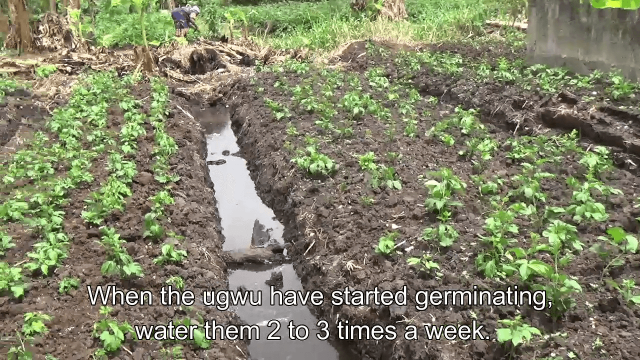
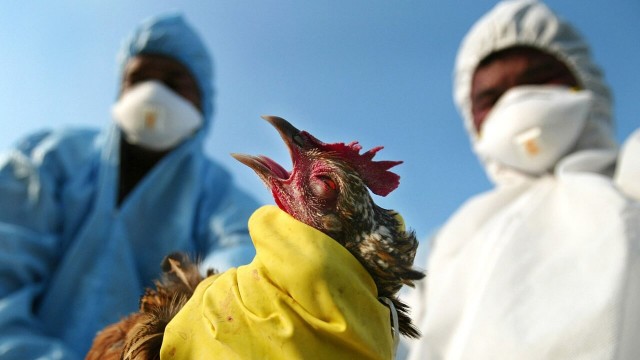
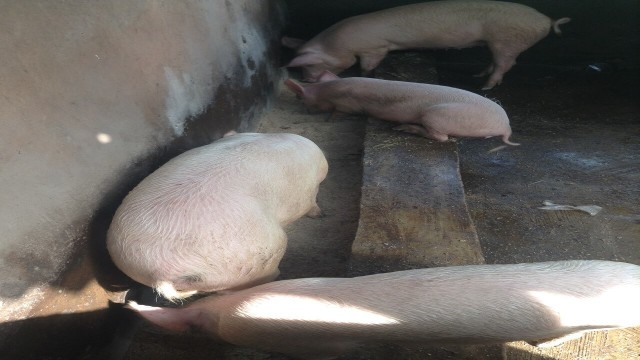
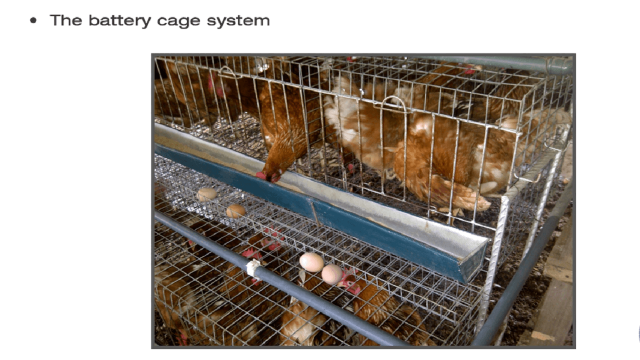

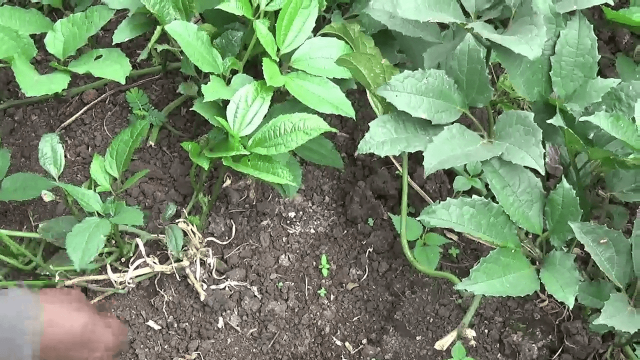


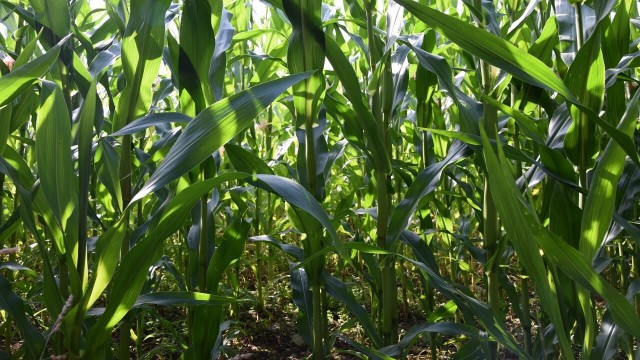


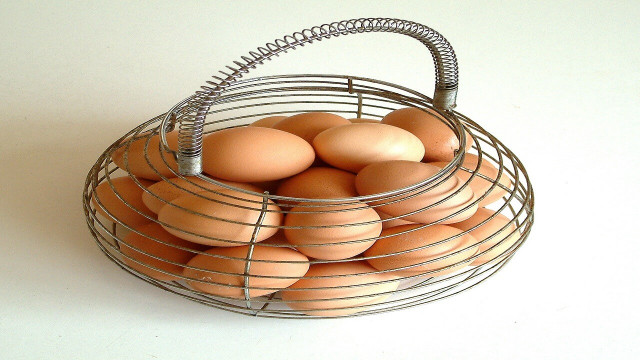
Share This Article: